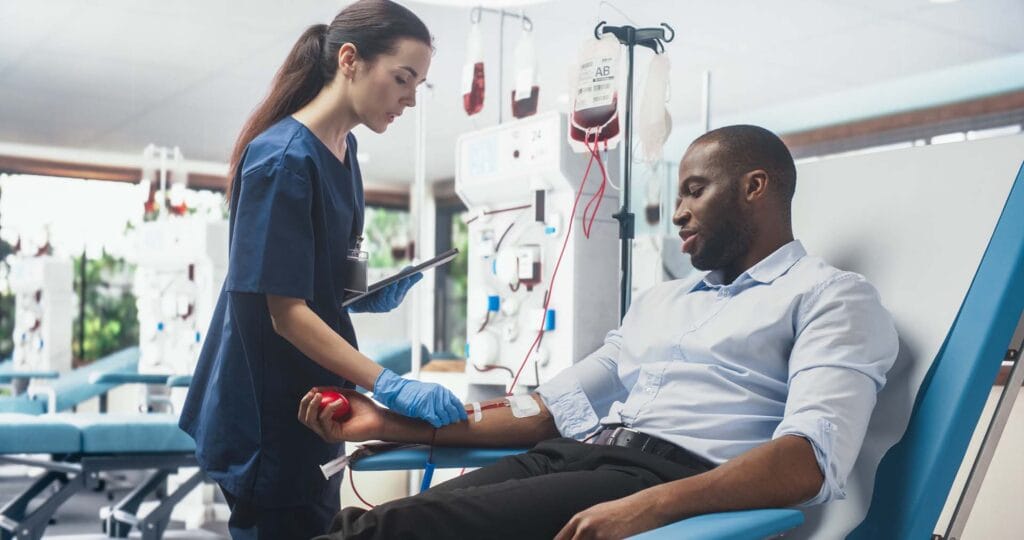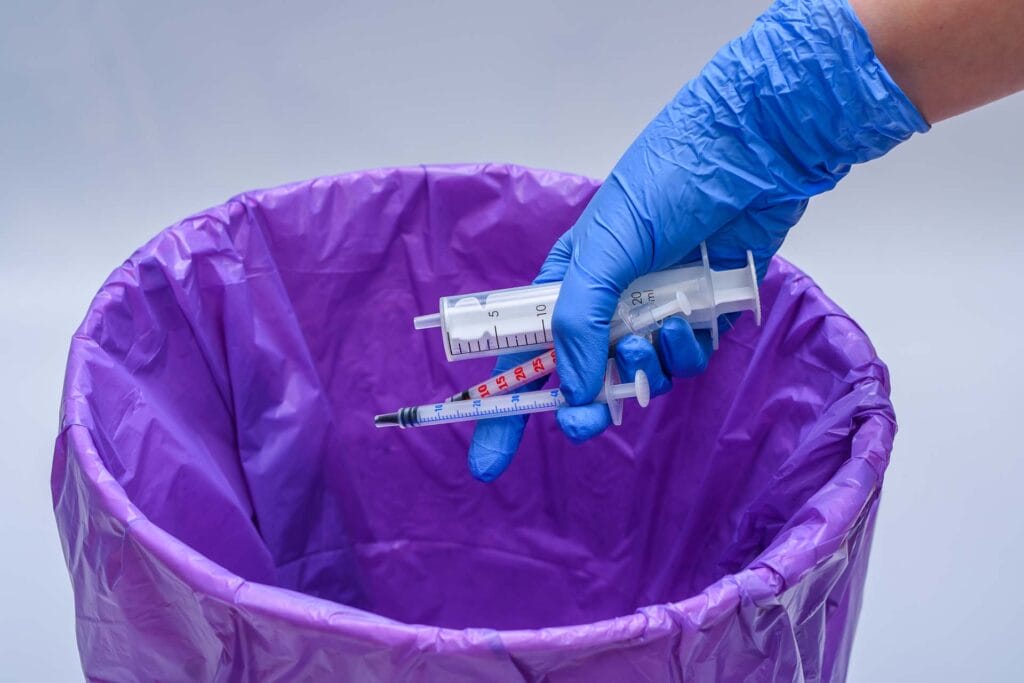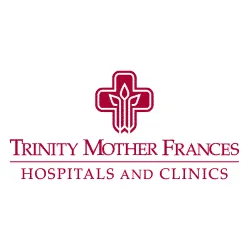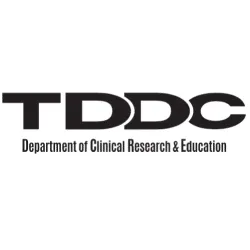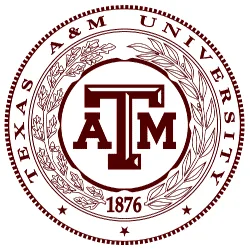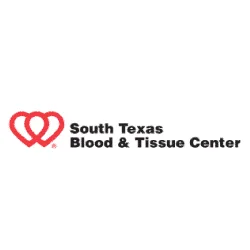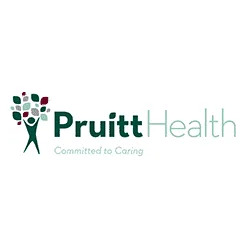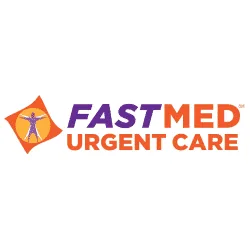A TOTAL MEDICAL WASTE REMOVAL & TREATMENT FACILITY
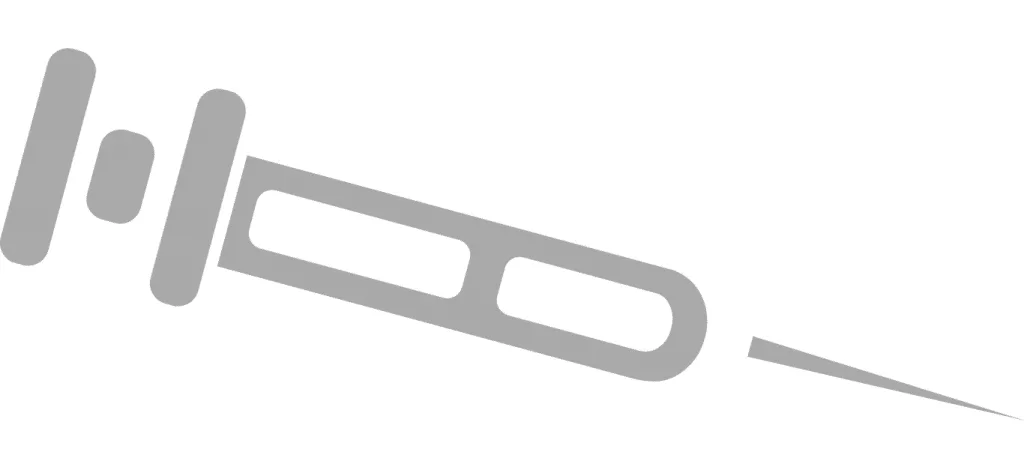
Convenient. Secure. Compliant.
We offer a Comprehensive Solution for Removal, Treatment and Disposal of Medical Waste, Bio-Hazardous Waste, HIPAA Compliant Paper Document Shredding and E-Waste Destruction Services.
MedSharps is one of the best medical waste removal companies in Texas. We specialize in clinical waste disposal, pathological waste management, biomedical waste solutions, and more, delivering reliable and comprehensive waste management tailored to your needs.
Pounds of Medical Waste Disposal
Why MedSharps?

Licensed, Trained, and Certified
All MedSharps employees are licensed, trained, and certified to provide safe, sanitary, and efficient removal and disposal of the full range of all waste products listed above.
100% Compliant With Existing Health & Safety Requirements
MedSharps provides ongoing compliance with all Local, County, State, and Federal health and safety laws, freeing your facility from unnecessary risk and liability.
Insurance Protection
General Liability Insurance, exceeding industry standards, is included as an added benefit for our customers.
Competitive Pricing
The Full Range of Outstanding Services and Benefits listed above are offered to every prospective client in the form of Competitive Pricing free of hidden fees, surcharges or long term contracts.
“Our goal: to provide you with services that quickly and safely remove your medical waste without disrupting your normal activity or functionality.”


